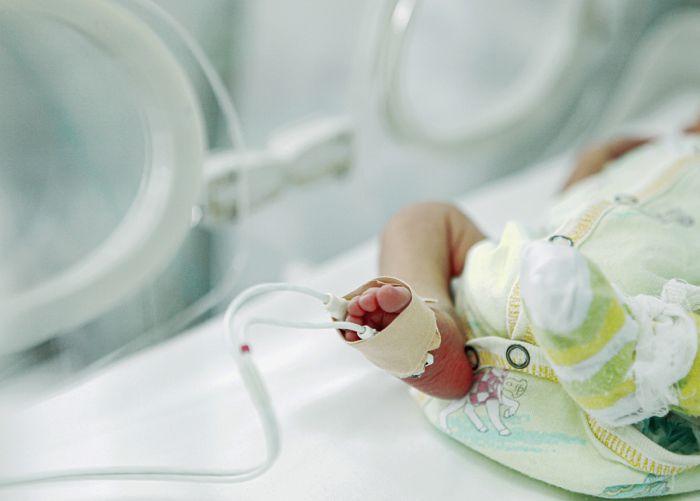Idaho Supreme Court allows 2 state abortion bans to take effect

The Idaho Supreme Court has allowed the state’s heartbeat abortion ban and trigger abortion ban to take effect, rejecting a lawsuit from Planned Parenthood and others who claimed that the bans violated the state's constitution.
At issue was Senate Bill 1309, which bans most abortions after a baby's heartbeat is detected and is to be enforced through private citizens like a recent Texas law, and an abortion ban passed in 2020 that was to be triggered when Roe v. Wade was overturned.
The law goes into effect on Aug. 25.
The litigation involves three cases that have been consolidated into one, with oral arguments on petitions being scheduled to take place on Sept. 29.
In the 3-2 ruling issued last Friday, Justice Robyn Brody said the United States Supreme Court ruling in Dobbs v. Jackson Women’s Health Organization “altered the landscape” of abortion law in the country, and, therefore, the bans could be enforced.
"In sum, in the post-Dobbs legal landscape, Petitioners cannot establish a substantial
likelihood of success on the merits or a 'very clear' right that will be irreparably injured if the
preliminary stay against implementing S.B. 1309 is vacated," wrote Brody for the majority.
Justice John Stegner wrote an opinion that concurred in part and dissented in part, arguing that the court should have put a stay on the enforcement of the laws while litigation continues.
"We—both Idaho’s citizens and this Court— now find ourselves in uncharted legal waters,
waters we should navigate with great caution and care," wrote Stegner.
"Simply put, this case involves the application of Idaho law to a uniquely Idaho question. It
is manifestly incorrect to apply federal law and precedent under the facts of this case."
Also known as Idaho Code § 18-622, the law bans most abortions in the state, threatening a criminal punishment between two and five years of imprisonment for any person found to have performed a “criminal abortion.”
The law provides exemptions for abortions performed in cases of rape, incest, and to “prevent the death of the pregnant woman.” It also prohibits the prosecution of women seeking an abortion.
Texas' abortion law includes a civil enforcement mechanism, passed by the state Legislature earlier this year, allowing relatives of an unborn child to sue abortion providers for up to $20,000.
The U.S. Department of Justice had separately filed a lawsuit against Idaho on Aug. 2 over its abortion law. The administration contended that the law violates the Emergency Medical Treatment and Labor Act of 1986.
The filing marked the first time the Biden administration had taken legal action against a state abortion restriction since the Supreme Court overturned the Roe v. Wade decision.
In its complaint, the Justice Department argued that “medical care that a state may characterize as an ‘abortion’ is necessary emergency stabilizing care that hospitals are required to provide under EMTALA.”
“Such circumstances may include, but are not limited to, ectopic pregnancy, severe preeclampsia, or a pregnancy complication threatening septic infection or hemorrhage,” the filing read.




























